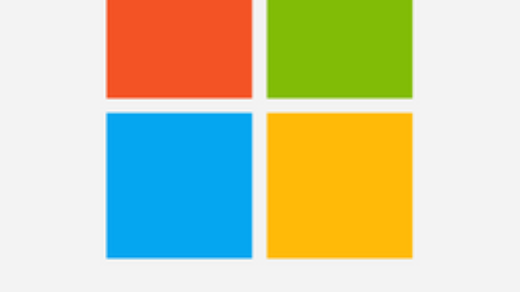What is the Deep Web? Well, This refers to the part of the internet that is not indexed by traditional search engines. This is also called invisible web or hidden web. This includes websites that are not accessible through standard web browsers. User required specialized software or configurations to access, such as Tor browser or I2P. Though, it also includes databases, private networks, and other resources that are not publicly available.
Usage of Deep Web:
Most importantly, it is often associated with illicit activities such as drug trafficking, illegal arms trade, and human trafficking. While there are certainly illegal activities happening on the invisible web, there are also many legitimate and useful resources available. Here are some examples:
- Academic and research databases: Many universities and research institutions use the Deep Web to store their research and data. The researchers from same field can access this data.
- Whistleblower platforms: Honestly, it is also a home to websites where people can anonymously report information about illegal or unethical activities.
- Online marketplaces: Certainly, there are illegal marketplaces on the invisible web. So, there are also legitimate marketplaces where people can buy and sell items anonymously.
- Private communication networks: The Deep Web is also used by individuals and organizations who require enhanced privacy and security for their communication and collaboration.
- Government and military resources: Some government and military organizations use the Deep Web to store and share sensitive information.
Pros:
- Anonymity: One of the primary benefits of the Deep Web is the ability to remain anonymous. This is particularly important for people living in countries with strict censorship or surveillance laws.
- Privacy: The Deep Web can also provide enhanced privacy for users, since many of the websites and services available are encrypted and do not require users to provide personal information.
- Access to information: The invisible web contains a wealth of information that is not readily available on the general internet surface. This includes research databases, academic journals, and other resources that can be incredibly useful for students and professionals.
Cons:
- Illicit activities: The Deep Web is notorious for being a hub for illegal activities such as drug trafficking, human trafficking, and illegal arms trade. This is due to the anonymity it provides to users, making it difficult for law enforcement agencies to track down perpetrators.
- Malware and viruses: Many websites on this network are designed to spread malware and viruses, which can be damaging to your device and personal information.
- Lack of regulation: Since, the Deep Web is not regulated, there is a greater risk of scams and fraud, as well as the potential for users to accidentally stumble upon harmful or disturbing content.
It’s important to note that accessing the Deep Web can be risky. Thus, users should take precautions to protect their privacy and security, as well as to avoid illegal activities or content.
Cybersecurity Discussions
You can find more topics on the Cybersecurity on this website. Just explore the Cybersecurity section.



